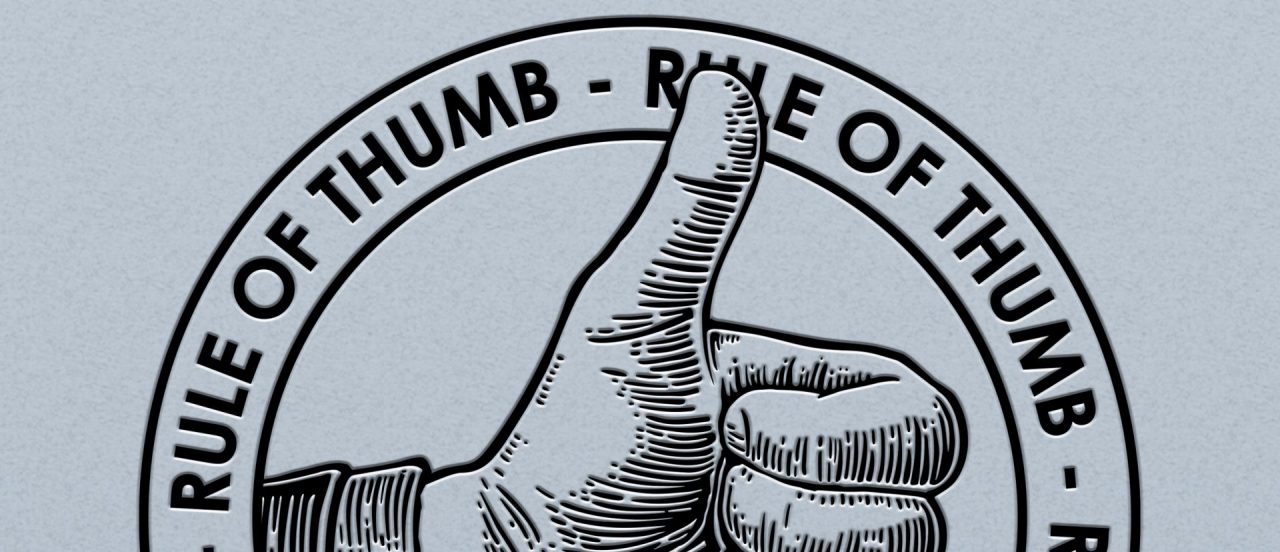By Bob Majure & Andrew Sfekas
In 2012, Deputy Assistant Attorney General Fiona Scott-Morton gave a speech that cautioned against “contracts that reference rivals,” including most-favored nation clauses (“MFNs”) and some forms of volume discounts because of their enhanced risk of raising antitrust concerns. That risk was pointedly illustrated by a series of cases brought by the Antitrust Division at this time that featured MFNs. There are some appropriate rules of thumb for when MFNs are likely to be pro- or anticompetitive. A good starting point is to ask where the incentive to offer a better price is expected to come from and what source of power makes the MFN an effective constraint against following such incentives. To illustrate how the answers to those questions are likely to affect antitrust risk, in this article we will re-examine these MFN cases after trying to generalize some of the results in the economics literature.
THIS ARTICLE IS NOT AVAILABLE FOR IP ADDRESS 216.73.216.116
Please verify email or join us
to access premium content!

